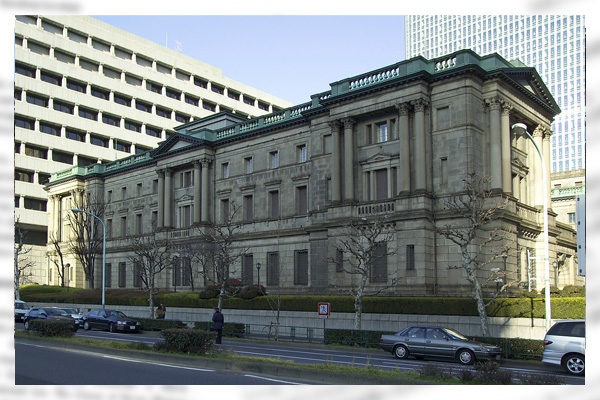Prime Minister Fumio Kishida has proposed to the National Diet the appointment of economist Kazuo Ueda as new Bank of Japan governor to succeed Haruhiko Kuroda. The government and the central bank will thus have the economist governor redirect the current unprecedented monetary easing policy. The biggest priority for Japan and its people is the revitalization of the economy. The key to the revitalization is the breakaway from deflation, which cannot be accomplished with monetary measures alone, as clearly demonstrated in the past decade.
Monetary easing alone cannot achieve economic revitalization
“The current BOJ policy is appropriate,” Ueda told reporters after the government informally asked him to be new BOJ governor. In a contribution to the Nikkei Shimbun newspaper last July, he appreciated Kuroda’s monetary easing policy. “The declaration that the BOJ will continue unusual monetary easing until a 2% inflation is expected to be sustained is producing monetary easing effects,” he said. “If interest rates are raised to stop the yen’s depreciation, the economy will deteriorate due to both interest rate hikes and the yen’s appreciation, delaying further the attainment of the inflation target.” Ueda said the yen’s depreciation would benefit the Japanese economy and noted fiscal policy would be appropriate to support low-income people affected by the depreciation.
Although Ueda mentioned only partially about fiscal policy, fiscal policy itself will inevitably become a focus of discussion to overcome the limit of Abenomics that depended heavily on unprecedented monetary easing. So far, the central bank has viewed monetary easing alone can make a difference. Being confident that his unprecedented monetary easing would achieve the inflation target of 2%, Kuroda led then Prime Minister Shinzo Abe to decide in September 2013 to raise the consumption tax rate by 3 percentage points in April 2014. Abe was dithering over the tax hike.
The tax hike revived deflationary pressure and sank economy. Bewildered by the results, the BOJ introduced a negative interest rate policy in January 2016 and launched the yield curve control policy, viewed as a taboo in the United States and Europe, in September. These measures not only made financial markets vulnerable to a chaos but triggered market speculation time and again since late last year. Still, they seem to have made no contribution to achieving the inflation target.
Kishida should demonstrate his leadership
The BOJ has apparently lost its self-confidence. “While there is a 50/50 chance that unprecedented monetary easing policy succeeds, its failure under a career central banker would hurt the BOJ as an organization,” a senior BOJ official said of the ulterior motive behind accepting the nomination of monetary economist Ueda as new BOJ governor.
Even if Ueda applies his scholarly knowledge, monetary operations alone cannot reverse a shrink in demand that exerts deflationary pressure on the economy. Prime Minister Kishida should consult fully with Ueda and take leadership in utilizing fiscal policy.
Hideo Tamura is a Planning Committee member at the Japan Institute for National Fundamentals and a senior correspondent for the Sankei Shimbun newspaper.


